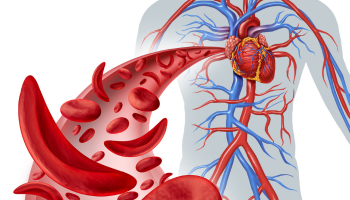
When a child keeps getting fever, pain in the legs, or misses too many school days, parents often assume it is just weakness or low immunity. Haematologist Dr Anjali Rao says that in many of these cases, the real reason is not caught early enough.
Sickle cell disease is a genetic blood disorder where red blood cells change shape and become stiff. This causes blockages in blood vessels, leading to pain episodes, organ damage, infections, and even strokes in some cases. The condition is inherited and usually begins showing symptoms in early childhood.
“In Telangana, especially in tribal areas like Adilabad and parts of Khammam, the number of children affected is far higher than what gets reported,” she says. “Most families don’t know the condition exists. By the time they reach us, the child is already in crisis.”
Dr Rao runs a clinic that offers heel-prick screening for newborns, which can detect the disease before symptoms begin. “We can start folic acid, penicillin, and ensure they get the right vaccines. These simple steps prevent severe illness later on.”
She also adds that treatment is lifelong but manageable. “Most children can live full lives with proper care. Pain episodes are treated with fluids and painkillers, and regular follow-up keeps complications low.”
Her team went to Zilla Parishad schools and primary health centres in tribal belts to talk to parents and screen children on the spot. “It is the only way to reach those who need it most.”
She says the stigma around genetic illness needs to go. “This is not anyone’s fault. With early diagnosis and steady care, these children can thrive.”

.jpeg)



